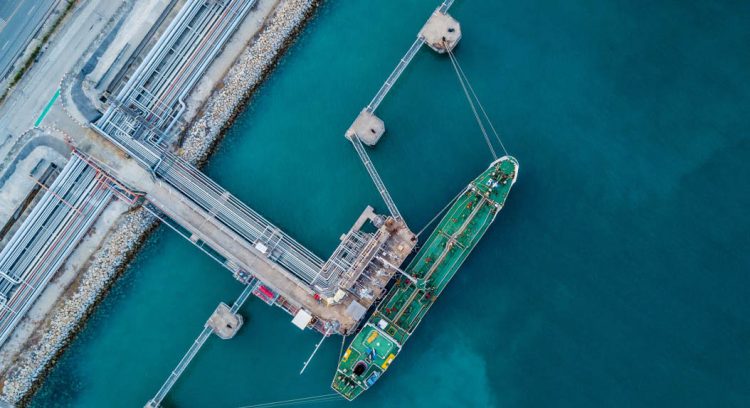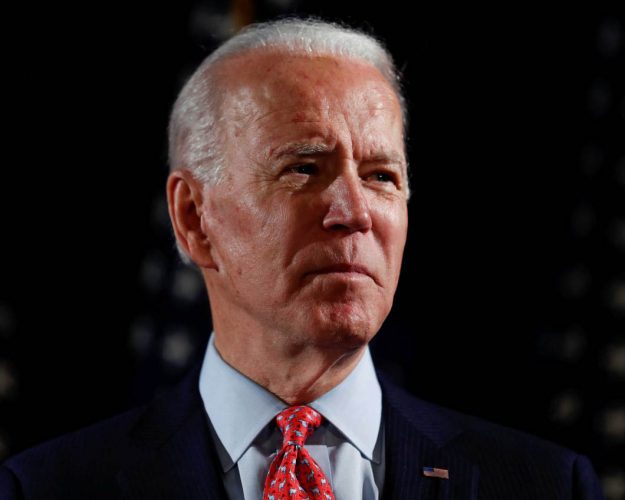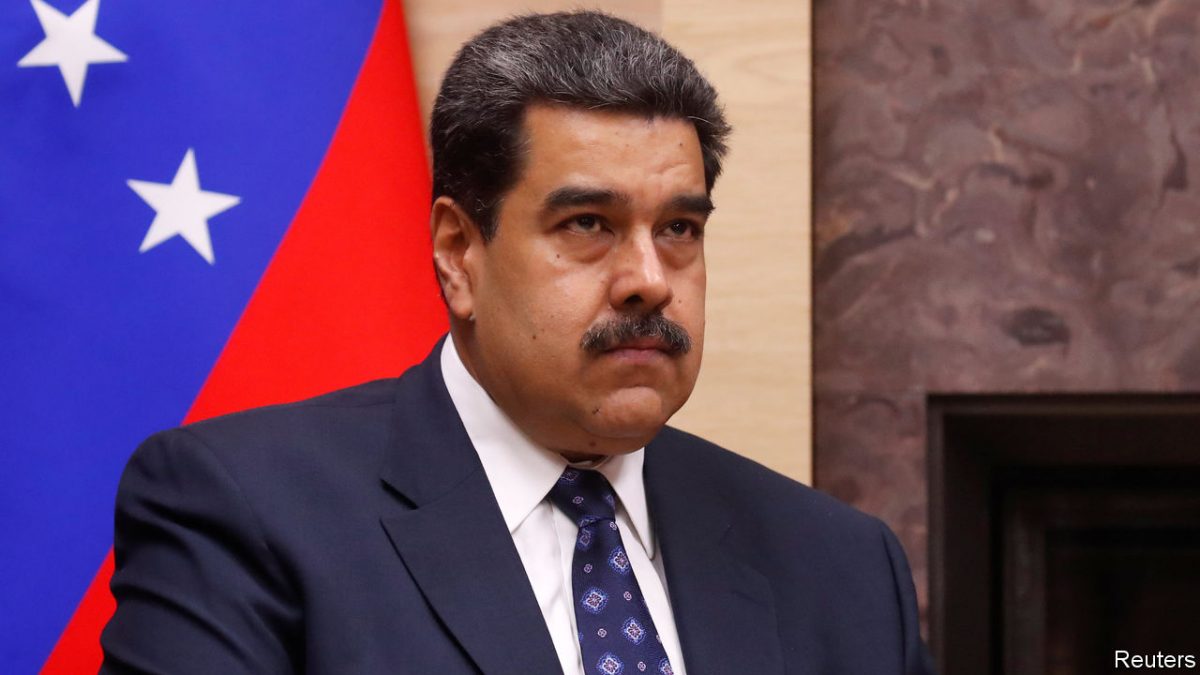If few astute analysts of United States foreign policy are likely to bet that the passing into history of the Trump administration will take with it the pressures that sit like a hangman’s trap door beneath the Maduro administration in Venezuela they would do well to think again. True, from where Maduro sits, the singing of Donald Trump’s swan song is likely to be drowned out by a collective sigh of relief from President Nicolas Maduro and members of his beleaguered administration. That, however, is perhaps as much as a breather as Maduro can hope for.
If the current state of economic and political affairs in Venezuela is anything to go by, there can be no doubt that the Trump-driven efforts to extract Maduro and his administration from political office worked, to the extent that it squeezed the country’s economy to a virtual standstill.

Trump’s strategy was to attack the very life blood of the Venezuelan economy – its worldwide oil exports. Using the formidable levers of Washington’s worldwide watch, he succeeded, largely through threats, many of which were carried out, to ‘look unkindly’ on international shipping interests that dared press its vessels into service to break what was largely an effective stranglehold which Washington imposed on Venezuelan oil exports. All of that is unlikely to disappear in one fell swoop when Trump departs.
A measure of the effectiveness of Trump’s embargo is to be seen in the devastating socio-economic impact which it has had on Venezuela’s economy and the society as a whole. The country with reportedly the largest volumes of oil reserves anywhere in the world, now reduced to becoming part of elaborately clandestine arrangements to get its oil to market. When its refining capabilities became compromised by Washington’s demand that US-owned oil companies leave Venezuela, it was forced to depend largely on a potentially contentious arrangement under which Washington’s arch enemy shipped flotillas of gasoline-laden vessels to Venezuela.

Maduro, it appears, has outlasted the sanctions, though we will have to wait to determine the extent to which his administration has outlasted their impact. Journalists in Washington have already extracted from aides to President-in-Waiting Joe Biden, that removing Maduro from office remains ‘a work in progress.’ They have gotten that undertaking minus a commitment that continuing to strangle the country’s economy through blocking its exports by means that Venezuela appears to have largely gotten around will persist.
What the Maduro administration would have learnt from the experience is just who its enemies (and its friends) are on account of its harrowing experience. Its most powerful hemispheric neighbour, Brazil, not only sided with Washington’s embargo but also afforded diplomatic recognition to the Trump-anointed Juan Guaido ‘administration’.
Iran may have been the standout among the countries that held its hands up for the Maduro administration, ‘invading’ what Washington considers its hemispheric space to bring ‘flotillas’ of petrol to a country that once had a reputation for selling to its citizens the cheapest gasoline anywhere in the world.
Maduro’s bigger problem, however, has been that of finding ways around the Trump embargo on the shipping of the country’s oil to markets. This, over a period of time, appears to have been gotten around – at least to some extent – on account of an elaborate clandestine arrangement underlined by ‘zombie’ tankers and high seas vessel-to-vessel oil transfers, largely to accommodate the insatiable market of a country fiercely preoccupied with its own industrialization – China.
Numerous reports indicate that having ‘gone through hell’ to get its oil to markets for the greater part of last year, Venezuela’s oil exports underwent a surge to more than half a million barrels a day in November, the lion’s share going to China. Much of this information was reportedly gleaned from highly clandestine vessel movement monitoring.
China, presumably, would have already girded its proverbial loins for swift US retaliation for pushing back against the Trump embargo on Venezuelan oil exports. Washington’s retaliation came early in December, when the US Treasury Department announced that it was imposing sanctions on the Chinese firm, China National Electronics Import & Export Corporation, accusing it of supporting Maduro’s efforts to undermine democracy.
The available evidence certainly suggests that China is prepared to continue to absorb ‘blows’ of that kind in exchange for oil supplies from Venezuela, sufficient to help meet the country’s enormous demand.
In December, Maduro moved another piece in the puzzle, securing control over the country’s legislature in a vote that was not only boycotted by the opposition but which got itself a collective tongue-lashing from international observers including the European Union (EU) and the Organization of American States (OAS) with the EU bluntly stating that the electoral process had “failed to comply with minimal international standards”.
One assumes that the Maduro administration’s biggest concern would be to use what his administration could see as a ‘breathing space’ to seek to further increase oil exports under what he hopes will be conditions less harsh than those that obtained under the Trump administration. That, however, is not a circumstance that the Venezuelan President can take for granted. A contingent from the substantial and decidedly entrenched anti-Maduro lobby in Washington may be already encamped outside the White House.
Pictures
Maduro
Biden
Zombie Tanker




